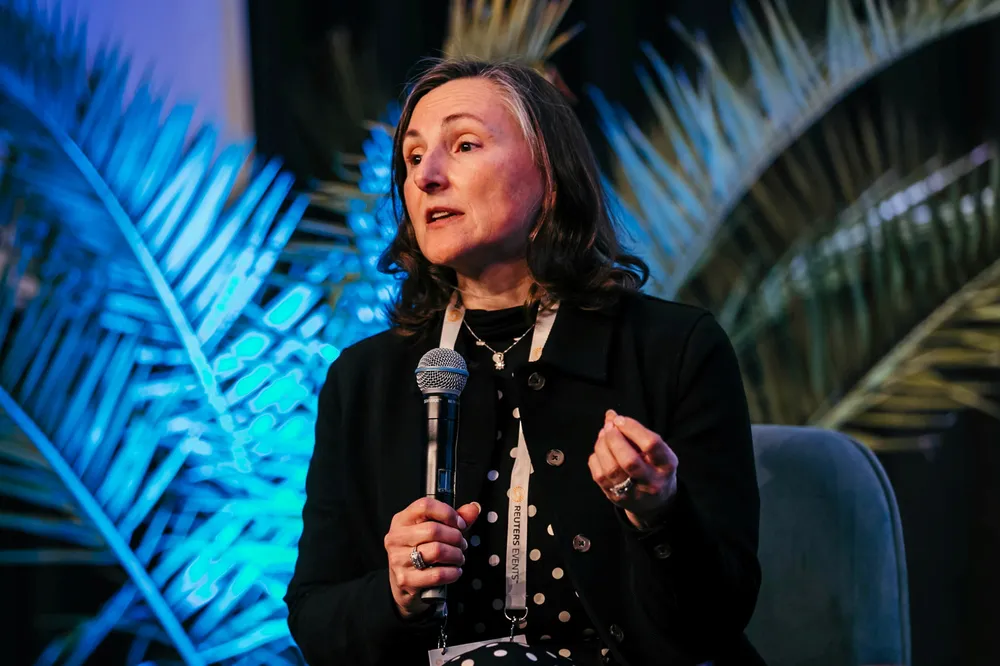Air Products needs special exemptions on ammonia-to-hydrogen terminals linked to 2.2GW Neom megaproject
US company aims to have three 'shovel-ready' European terminal projects on line by the start of 2027, although it will have to navigate three different permitting systems
